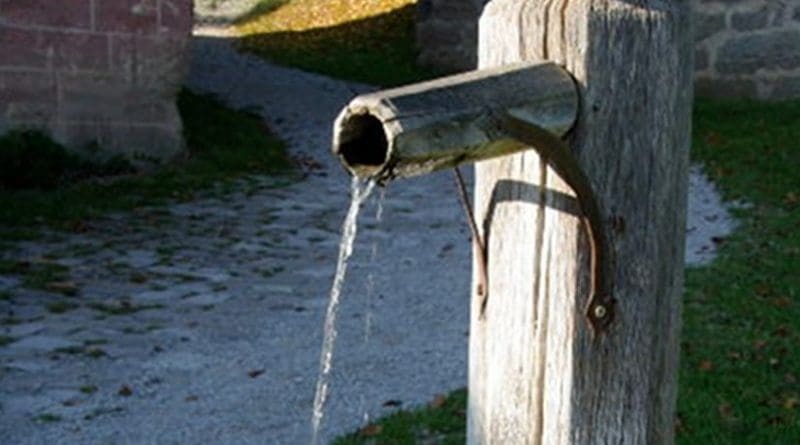Sri Lanka: Nearly 49 Percent Of Colombo’s Water Wasted
Nearly 49 percent of water supplied to Colombo is lost due to leakages in the distribution pipe system, incurring a considerable loss to the National Water Supply and Drainage Board, Deputy General Manager of the Colombo Water Supply Service Project Eng. Abdul Rasheed said. He also added that the projected funded by the Asian Development Bank will ensure that 60 percent of all pipes in Colombo are replaced.
“The water distribution pipe network which supplies drinking water is over 100 years old and is not sufficient to cater to the current and future requirements of the city with Port City coming up,” he said. To meet this growing need, this renovation will see the water distribution pipe network of 960 km being replaced at a cost of Rs. 40 billion,” he added. Eng. Rasheed said that the project is funded by the Asian Development Bank and will be completed by 2020.
“Colombo has been divided into four divisions, of which we have noticed a considerable decrease in the amount of water wastage, of up to 18 percent in some areas. We are hopeful that with the completion of this project, not only will residents have uninterrupted water supply, but that it will also be efficiently managed,” Eng. Rasheed added.
He added that a complete renovation also meant that there have been excavations in many parts of Colombo which has been an inconvenience. “Since the inception of the project we have run into many obstacles to do with retaining staff. We have requested that they work from 9 pm to 5 am the following day and some have vacated their posts after short periods,” he said.
“Due to this delay in finding the right people, there had been unfinished projects some of which are on the main road,” he said.
He asked citizens to assist the Water Board in this regard as this has also led to traffic congestion, diversion of road routes, temporary closures, limited parking facilities, dust and noise.
“There have also been complicated situations with underground power lines since we also found telecommunication lines and drainage water systems and have had to use manual labour instead of machinery which has caused much inconvenience. We regret these issues and ask for citizens’ cooperation until the project is complete.”

